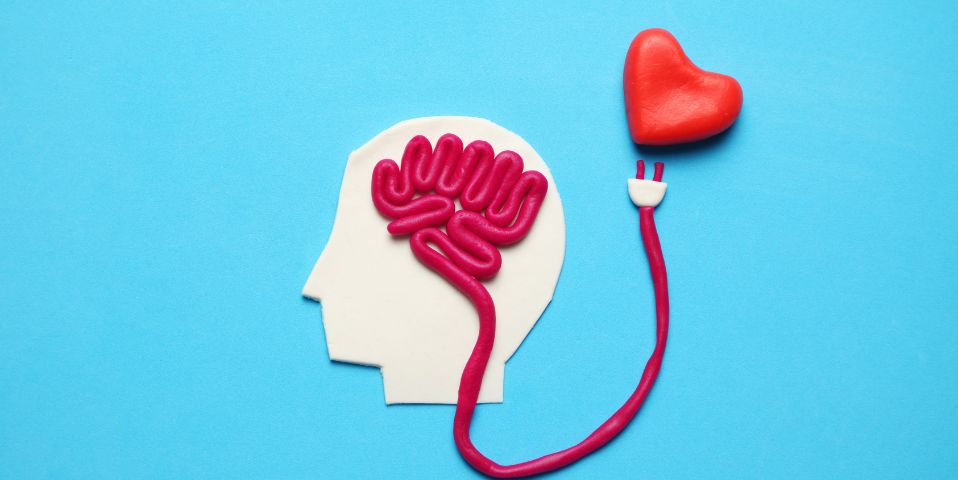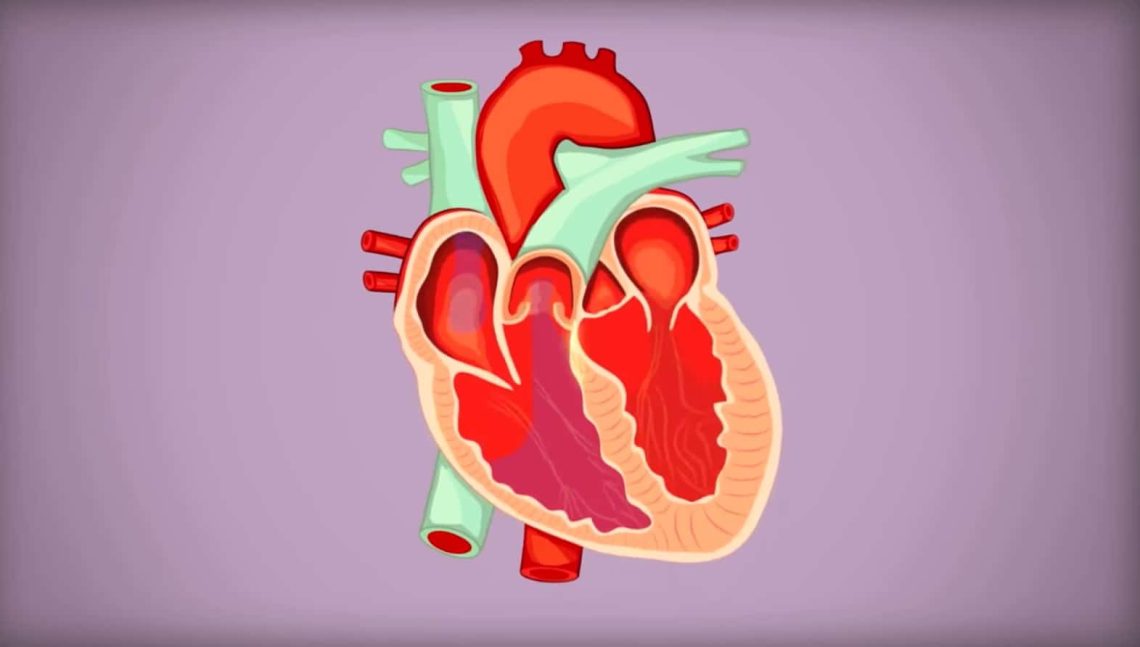Introduction For decades, heart health and brain health were often treated as separate medical concerns. However, modern research has revealed a strong connection between the two. The brain relies on a healthy cardiovascular system to supply oxygen and nutrients through blood flow. When the heart is not functioning properly, the brain’s health can suffer, leading to an increased risk of cognitive decline, stroke, and dementia. Understanding this link empowers us to make lifestyle and medical choices that benefit both the heart and the brain. 1. How the Heart and Brain Are Connected The brain is one of the most energy-demanding…
-
-
Introduction A healthy heart beats in a steady, rhythmic pattern—about 60 to 100 times per minute at rest. But when that rhythm becomes irregular, too fast, or too slow, it’s known as an arrhythmia. While some arrhythmias are harmless and go unnoticed, others can be life-threatening and require immediate medical attention. Understanding the different types of arrhythmias—from atrial fibrillation (AFib) to premature ventricular contractions (PVCs)—is key to recognizing symptoms early and managing treatment effectively. This article provides a comprehensive overview of common arrhythmias, their causes, symptoms, diagnosis, and treatment options. 1. What Is an Arrhythmia? An arrhythmia is an abnormal…
-
Introduction Heart failure is a chronic condition in which the heart cannot pump blood effectively enough to meet the body’s needs. It affects millions of people worldwide and is a leading cause of hospitalization and reduced quality of life—especially in older adults. Despite its name, heart failure doesn’t mean the heart has stopped working; it means it is working less efficiently, leading to fatigue, breathlessness, and fluid retention. While heart failure is a serious condition, it can be managed effectively through a combination of lifestyle changes and medications. With the right treatment plan, many people with heart failure live longer,…
-
Introduction Recovering from a heart event—whether it’s a heart attack, heart surgery, or a diagnosis of heart failure—is a pivotal moment in a patient’s life. It marks not just a medical emergency, but a wake-up call and a chance to reset one’s physical and emotional health. Yet many patients underestimate the importance of structured recovery. That’s where cardiac rehabilitation (CR) comes in—a medically supervised, multi-disciplinary program designed to restore heart health, prevent future complications, and empower patients with the knowledge and tools to live a healthier, longer life. Despite its proven benefits, cardiac rehabilitation remains underutilized. This article explores why…
-
Introduction Cardiovascular diseases (CVD) remain the leading cause of death globally, accounting for millions of deaths each year. While genetics play a role in heart health, diet is one of the most influential factors that individuals can control. A heart-healthy diet doesn’t merely involve eating less or losing weight—it requires strategic nutritional choices aimed at improving cardiovascular function, reducing inflammation, and maintaining healthy blood pressure and cholesterol levels. Three dietary components—fats, fiber, and sodium—stand out as especially crucial in shaping heart health. Understanding how to manage and optimize your intake of these elements can dramatically reduce the risk of heart…
-
Heart disease is a significant threat to women's health, and understanding its gender-specific risks is essential for prevention and early intervention. By recognizing these risks, being vigilant about heart health, and working closely with healthcare providers, women can take proactive steps to reduce their risk of heart disease and enjoy longer healthier lives.
-
Introduction: The heart is the vital organ of the body because it supplies blood all over the body. If the heart isn’t able to pump the blood to the whole body, it will make choices that affect the whole body’s function, which means any issue in the heart is very risky. Congestive heart failure (CHF) is a potentially fatal and chronic condition caused by a weakened or damaged heart. As a result, the heart is unable to efficiently circulate blood throughout the body. The kidneys may filter out less fluid because they receive less blood. As a result, the body…
-
INTRODUCTION: Blood is very essential for the body because it circulates in every organ and plays a vital role in giving oxygen to every cell. What if the blood has any kind of infection? As a whole, it will negatively impact every organ of the body. Blood-related disorders are life-threatening because they adversely affect the performance of every organ. Noncancerous blood diseases, in general, are ailments that impact your blood cells and platelets and create problems such as increasing your chances of getting a blood clot. A blood clotting disorder is Factor V Leiden, an inherited blood disorder. Because your…





